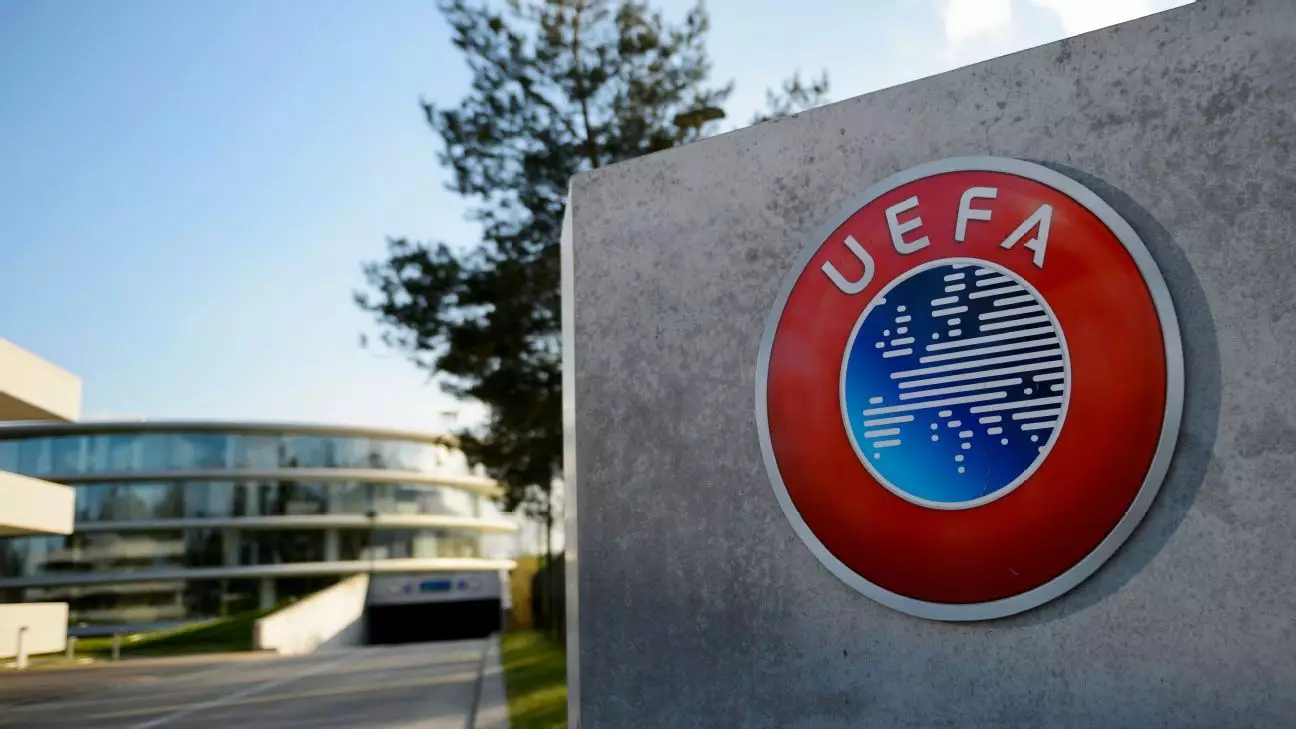In 2021, a seismic shift in football’s landscape was attempted with the introduction of the European Super League (ESL). This audacious proposal, backed by twelve of Europe’s elite clubs, promised a lucrative and exclusive competition. However, it faced a rapid decline in support primarily due to widespread backlash from fans, stakeholders, and even governing bodies. The disapproval echoed through stadiums and social media, ultimately leading to the collapse of the ESL shortly after its announcement. The fervor against the league highlighted the unbreakable bond between clubs and their local fan bases, indicating that football is more than just a business; it embodies cultural significance and communal pride.
Fast forward to recent developments, where the concept of a reimagined breakaway league has resurfaced under the moniker of the Unify League. Championed by A22, a sports development company, the new format is designed to feature 96 clubs across four leagues. Unlike its predecessor, the Unify League purports to offer a merit-based selection system, as opposed to the protected spots previously guaranteed to core clubs. It also includes enticing components like free streaming and a return to the traditional home-and-away game format, generating a facade of increased opportunity and competition. The rationale seems to be that such adjustments would enhance fan engagement while promising a more thrilling football experience.
However, reactions to this new proposition have been far from optimistic. The European Leagues organization represents 39 professional leagues across 33 countries and has taken a decisive stand against this newly proposed league. In their statement, they articulated that they had not been consulted during the formation of the Unify League, highlighting the disregard for established football institutions. This response underscores a fundamental concern: the need for collaboration and communication when proposing structural changes to football leagues that affect multiple stakeholders. The fate of any competition shouldn’t rest solely in the hands of those who stand to gain financially.
The European Leagues emphasize their commitment to the existing structure, where clubs earn their places in UEFA competitions based on domestic performance. This adherence to meritocracy is vital, as it preserves the pathways for smaller clubs to achieve greatness, allowing the unpredictability that makes football compelling. The A22 model, according to the European Leagues, threatens to disrupt this balance, increasing international matches at the cost of domestic competitions and their respective fan bases.
There’s a growing sentiment that any attempts to expand international club competitions, particularly at the expense of established domestic tournaments, will not be well-received. The European football community, from local clubs to their fervent supporters, expresses a shared resolve against such alterations that prioritize financial gain over tradition and competition integrity. The Unify League’s launch may indeed go forward, but the significant absence of consultation and the staunch resistance from major football entities create significant hurdles that could stymie its success. Football belongs to the fans and communities, and any league aspiring to reshape the landscape must engage with its heart—its people.

